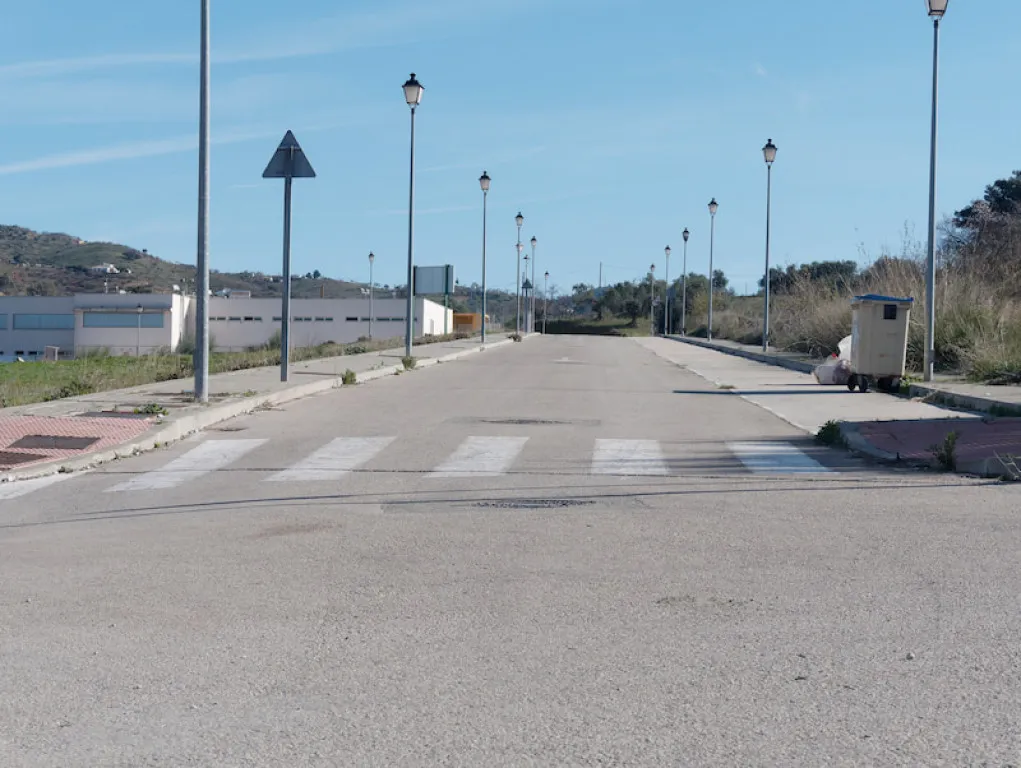Concrete road casting is one of the most common methods of road construction in Indonesia. Concrete is popular because of its strength, durability, and ability to withstand heavy vehicles and dense traffic.
This article will provide a detailed discussion of the advantages and factors affecting the quality of concrete casting as well as the steps for its construction, from planning to pouring and drying. Let’s dive in and explore everything you need to know!
Advantages of Concrete Road Casting
Here are some key advantages of concrete road casting that make it a popular choice in road construction:
1. High Strength
Concrete possesses significant strength, allowing it to bear heavy loads. With this strength, concrete road casting remains solid and resistant to damage even when frequently used by various vehicles, especially large ones like trucks, buses, and other heavy-duty vehicles.
2. Long Durability
With proper maintenance, concrete road casting can last for decades without requiring major repairs. Concrete is also quite resistant to mechanical damage, such as cracks or erosion, making it more economical for long-term use.
3. Easy Maintenance
Repairing concrete road casting is generally easier and quicker than asphalt roads, especially when there are cracks or damage. Additionally, concrete doesn’t require frequent routine maintenance, reducing costs and effort to keep it in good condition.
4. Resistance to Extreme Weather
Concrete can withstand various extreme weather conditions, whether it’s scorching heat, heavy rain, or freezing temperatures. This makes concrete road casting suitable for use in different climates, whether tropical or cold.
Factors Influencing the Quality of Concrete Road Casting
The quality of road casting is influenced by various factors, from the materials used to weather conditions during the pouring process. Here’s a detailed explanation:
1. Material Quality
The quality of the materials used greatly impacts the final result of the road casting. Therefore, the cement, sand, and gravel used must meet established quality standards. Additionally, the water used should be clean and free from substances that could damage the concrete.
2. Mixing Process
The concrete mixing process must be done correctly to ensure all materials are evenly mixed. If the mixing is imperfect, the concrete road casting will be prone to damage or cracking.
3. Weather Condition
Weather plays a crucial role in the road casting process. Pouring should be done when the weather is stable, not too hot or rainy. High temperatures can cause the concrete to dry too quickly, while rain can affect the concrete’s density.
4. Pouring Technique
The pouring technique must also be carefully considered. Uneven pouring or improper compaction can lead to weak spots in the concrete road casting.
5. Standard Thickness of Concrete Road Casting
The standard thickness of road casting is usually adjusted to the type of traffic, whether for light or heavy traffic. However, the minimum thickness required for the road to bear heavy loads and have good durability is 20 cm.
Steps for Concrete Road Casting Construction
Here are the important steps in the construction of concrete road casting to adhere to for sturdy and durable final results.
1. Preparation Before Casting
Before starting the road casting process, here are some preparations that need to be made to ensure the final result meets the expected standards:
- Site survey: The site survey includes determining the road design, measuring the width and length of the road, and calculating the thickness of the casting. The design must be adjusted according to the road’s function, whether it will be used for light or heavy traffic.
- Land clearing and leveling: The land to be paved must be leveled and cleared of any debris, including stones, grass, and other rubble.
- Formwork installation: Formwork is the mold used to hold the concrete during the pouring process. The formwork is usually made of wood or metal and installed along the sides of the road.
- Rebar installation: To enhance the durability of the road casting, rebar with a diameter of 8 mm is installed to bind the upper and lower layers of the concrete.
2. Concrete Road Casting Process
Once the preparations are complete, the road casting process can begin. This process includes mixing the concrete, pouring, compacting, and finishing:
1. Concrete Mixing
The concrete used for road casting typically consists of a mix of cement, sand, gravel, and water. The proportions of these materials must be carefully adjusted to produce concrete with the desired strength. The mixing can be done manually or using a concrete mixer truck for larger scales.
2. Pouring
Pouring is the next step after the concrete mixture is ready. The concrete is poured into the formwork and leveled using tools like a screed. This pouring must be done quickly to ensure the concrete doesn’t dry before it’s perfectly leveled.
3. Compacting
After the concrete is leveled, compacting is done to ensure that all spaces within the formwork are filled with concrete. Compacting is usually done using a vibrator tool until there are no air pockets left in the concrete mix.
4. Curing
The final step in the road casting process is continuously watering the concrete mix. This watering aims to maintain the moisture of the concrete and prevent it from drying too quickly. After the curing process, the concrete must be left to dry completely and strong enough to handle traffic.
3. Drying and Curing Process
After the paving process is completed, the concrete needs time to dry and reach its maximum strength. Here’s the special care required to ensure the concrete dries properly:
1. Concrete Drying
Typically, concrete requires about 24-48 hours to reach initial hardness and about 28 days to reach maximum strength. Concerning when the road can be opened to traffic, it’s best to wait until the concrete is fully cured, which is after 28 days, to avoid the risk of damage.
2. Concrete Curing
To maintain the concrete’s moisture during the drying process, some curing methods include covering the concrete with wet materials like burlap or using a curing compound applied to the concrete’s surface.
That’s a comprehensive guide to the concrete road casting process, from the factors affecting concrete quality to the steps involved in its construction. As mentioned above, the quality of concrete road casting is influenced by various factors, including the quality of the materials used.
Therefore, use Forecrete VIPERS from Semen Merah Putih to achieve optimal and long-lasting concrete paving. Unlike ordinary concrete materials, which may take days to harden, VIPERS can harden in about 3 hours overnight, making it highly effective for reducing traffic congestion during roadwork.
Using Forecrete VIPERS allows you to minimize time and costs for road casting projects while achieving a strong and durable construction result. Contact us now to learn more about Semen Merah Putih products and find the best construction solutions for your project!



